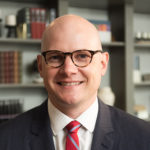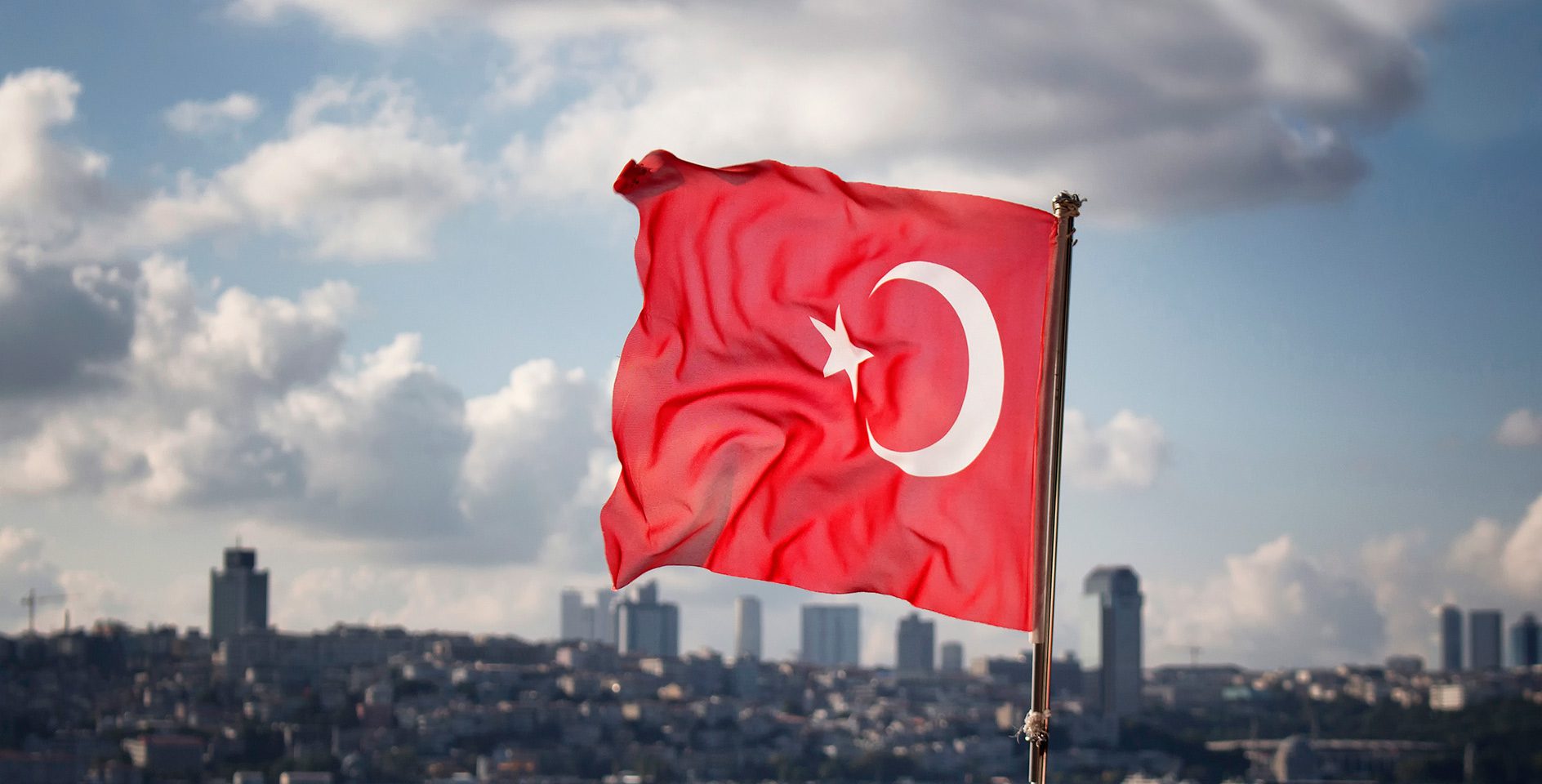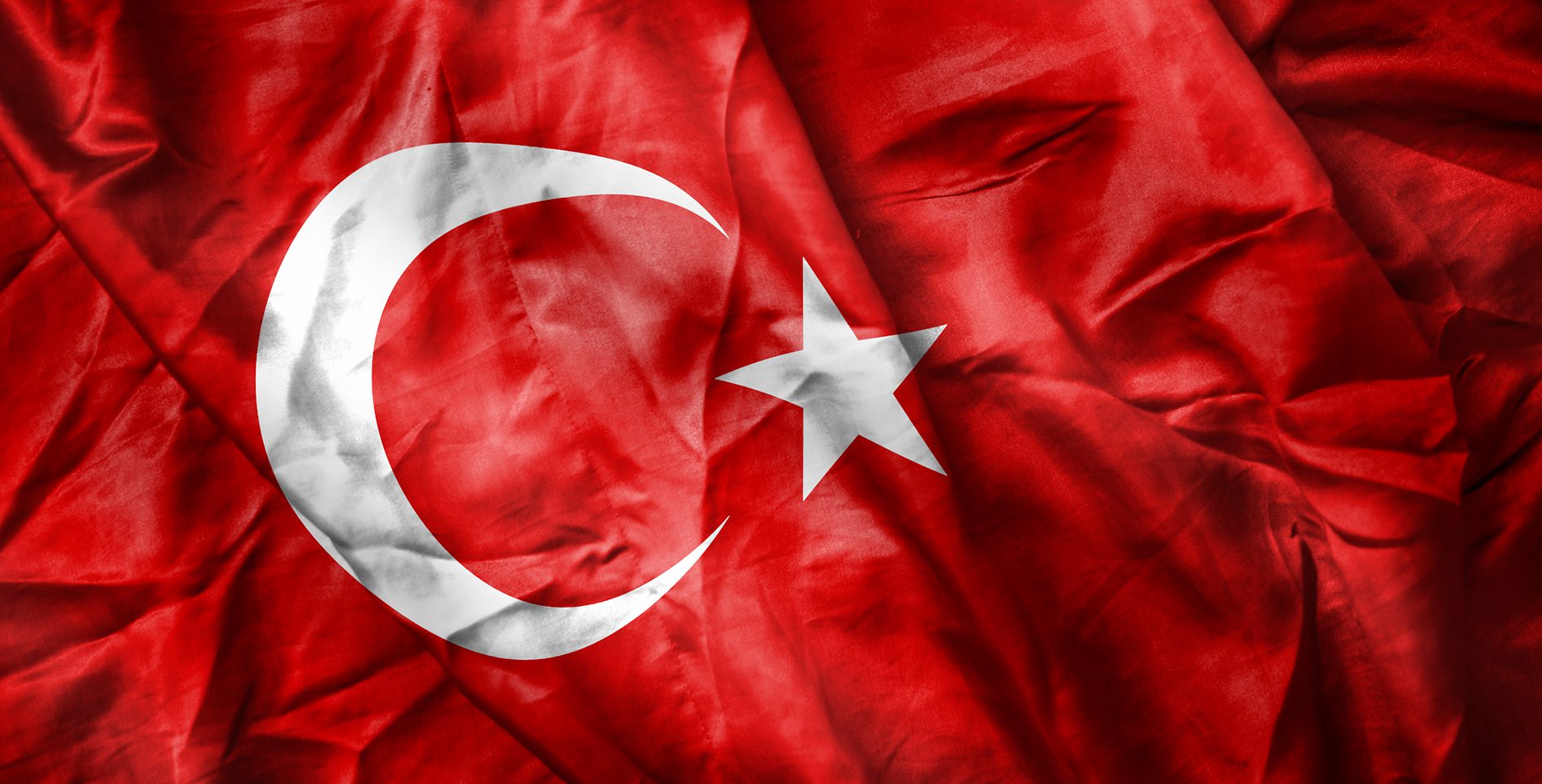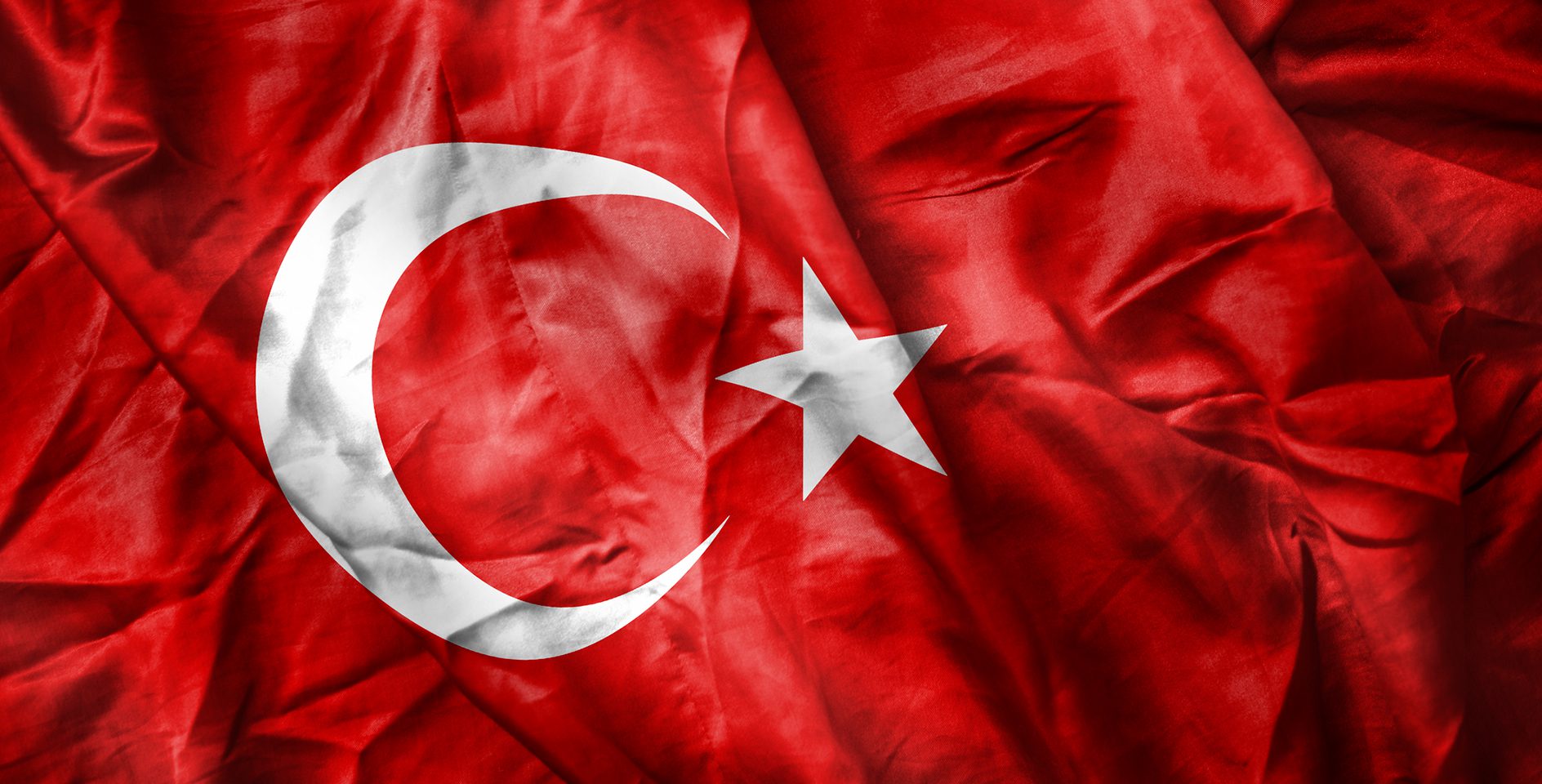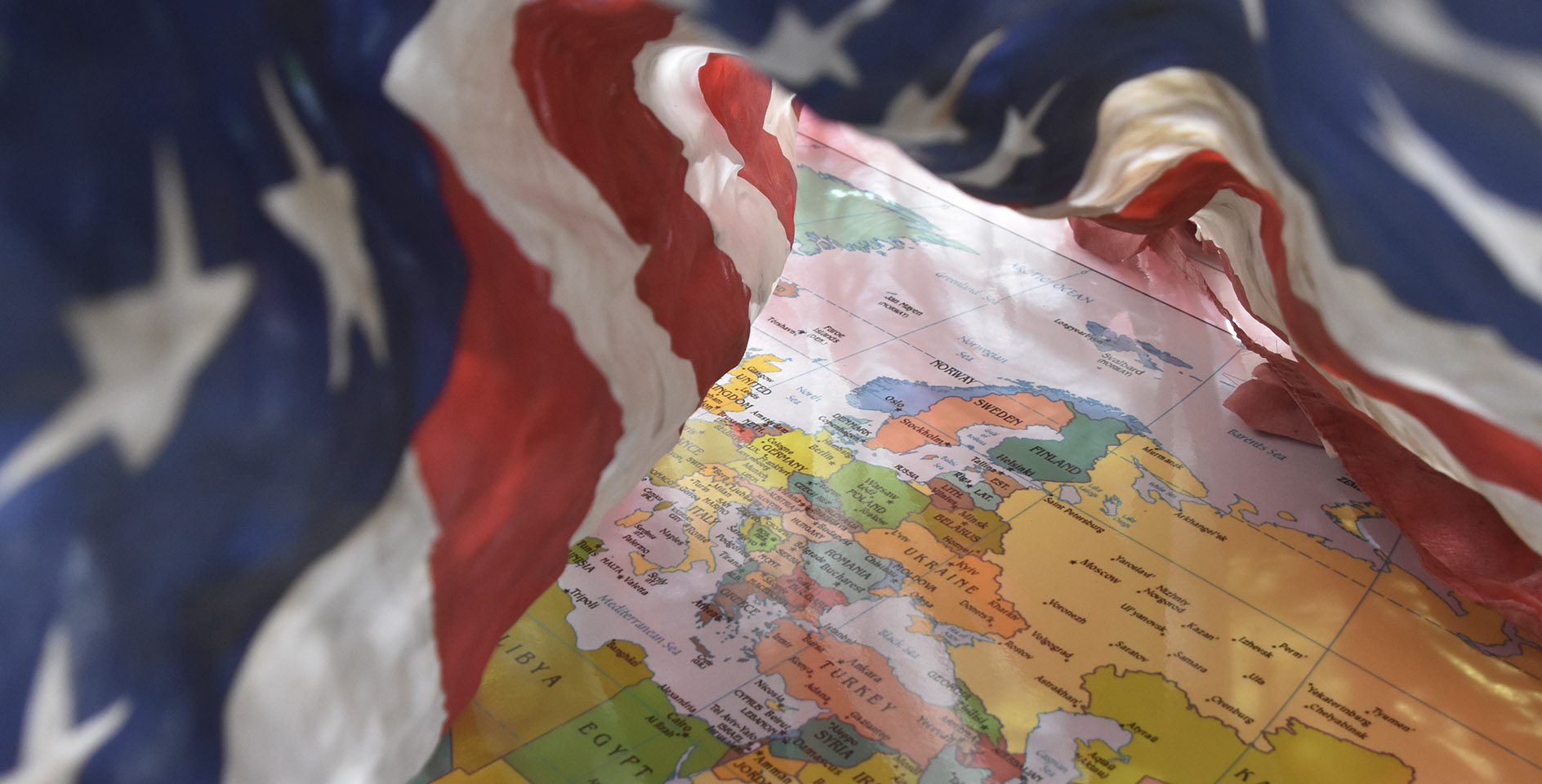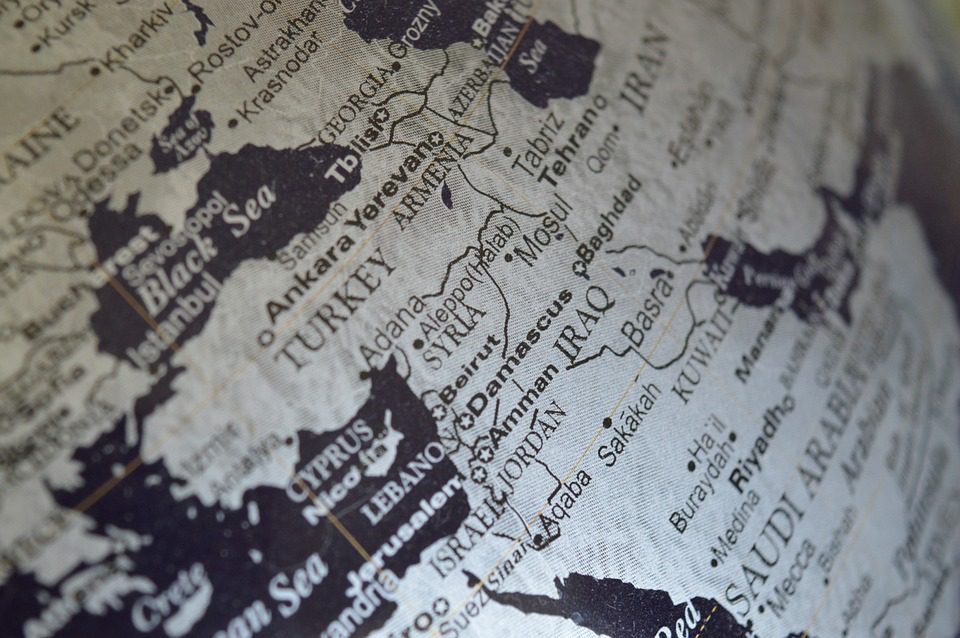In crushing the coup, Erdogan passed the first test. The next test is whether he is able to lead Turkey through it and into a stable, thriving democracy.
As soon as the attempted coup started to fray in the early morning hours of last Saturday, commentators and analysts began to speculate that Erdogan would use the coup as a pretext to consolidate power in the office of the President and move his political rivals out of power. It appears exactly that may have unfolded over the last few days. These numbers are moving quickly, but as of this writing, over 30,000 people have been suspended from their jobs, and many of those have been arrested.
Some observers have been critical of the fact that there has been a purge at all, but this seems to be utopian thinking. Although the coup ultimately failed, consider what the coup plotters accomplished: All major bridges in Istanbul and Ankara were shut down, Ataturk Airport was forcibly closed, an unknown number of helicopters were commandeered and several F-16s went missing as well. Two of those F-16s locked their radars on President Erdogan’s plane as he was trying to make his way back to Istanbul. Thankfully, they didn’t fire.
The coup plotters did all of this without a single leak. This fact is stunning and has quite understandably shaken up President Erdogan’s sense of security. Indeed, this week, several close advisors to Erdogan have been detained under suspicions that they had information about the coup and failed to bring this information to light.
Whether what unfolds in the coming weeks can be characterized as an investigation or a purge will determine the validity of what Erdogan does to bring the military back under the control of the government. But a thorough investigation into who the coup plotters were and the extent of their plans is, depending on how the investigation is carried out, justified. Erdogan is a complicated American ally to be sure, but the fact is that he was democratically elected by his people.
The big questions moving forward is the extent to which due process will be extended to those suspected of taking part in the attempted coup and whether the attempted coup itself will be used as a pretext to suppress political rivals who had no hand in the incidents that unfolded last weekend.
One of the complexities of this situation is that we may never know what happened last Friday night. Conspiracy theories have proliferated throughout Turkey, a country prone to conspiracy theories. In the face of accusations of American involvement, Secretary of State John Kerry was required to issue a statement that there was no American involvement in the attempted coup. This will complicate the investigation and also provide a justification for Erdogan to isolate and suppress political rivals that had nothing to do with the process.
At the moment, the Erdogan administration has blamed the Gülen movement for the coup. The Gülen movement is an Islamic movement led by Fethullah Gülen, who lives in Pennsylvania. The movement is not well understood either inside or outside of Turkey. In the United States, the Gülenists operate a vast network of charter schools, and inside Turkey, Gülenists are deeply involved in education as well. This explains the suspension of over 20,000 teachers in Turkey and the demand for the resignation of every Turkish university dean.
Will due process be provided for these 20,000 teachers? Will they be reinstated if they are found to have had no involvement with the attempted coup?
Turkey has demanded the extradition of Fethullah Gülen to Turkey, and Secretary Kerry has indicated that he would consider a request provided that sufficient evidence is supplied by the Turkish authorities.
Turkey is a critical partner to the United States and NATO in the battle against Islamic extremism in the Middle East. Turkey is also playing a crucial role in stemming the tide of migration into the European Union. The attempted coup threatens both of these things.
But beyond these questions, the fundamental issue is what kind of Turkey will emerge from this conflict. Will freedom of expression be permitted back into Turkish society? Will religious and ethnic minorities like Alevi Muslims and Kurds be allowed to flourish? All of this remains to be seen. In the next few weeks, the future of a democratic and vibrant Turkey hangs in the balance.




